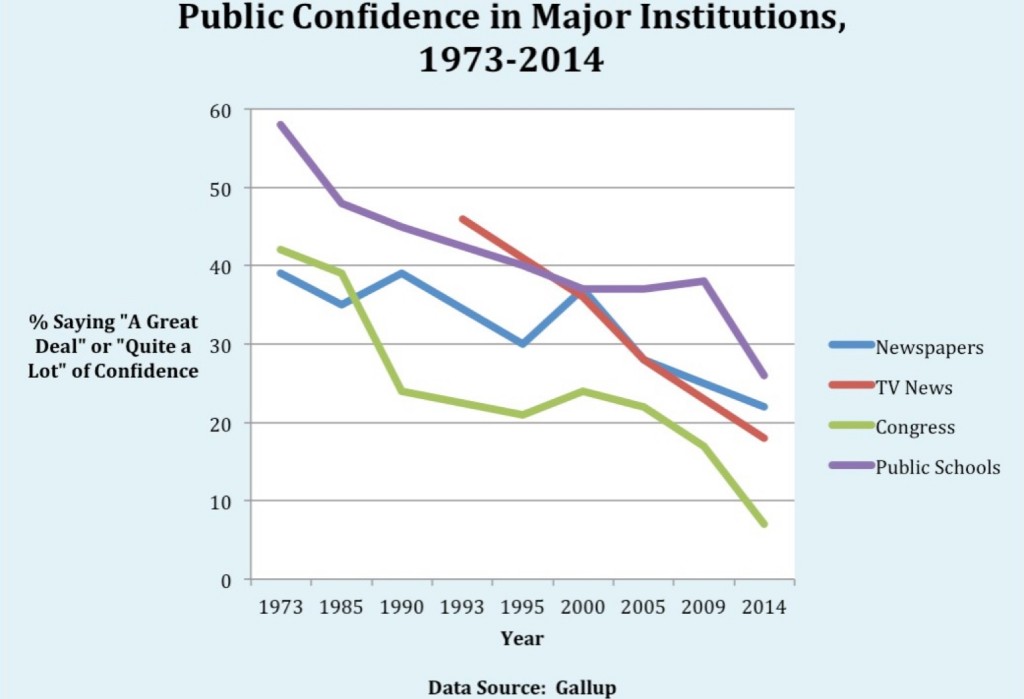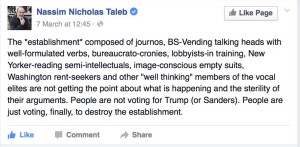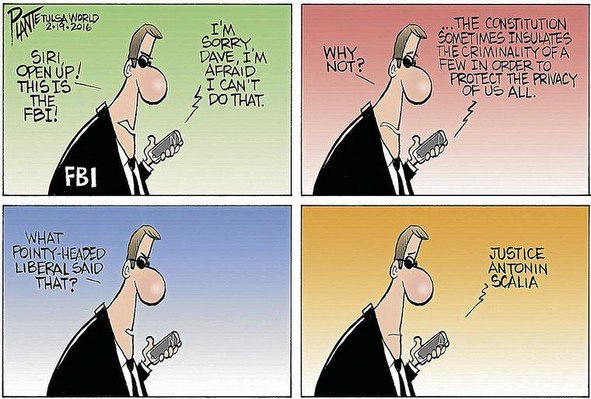Extraordinary essay by Tom Engelhardt, arguing against the comforting notion that the current madness in the US is just a passing phase and eventually sanity will return. Sample:
In these first years of the 21st century, we may be witnessing a new world being born inside the hollowed-out shell of the American system. As yet, though we live with this reality every day, we evidently just can’t bear to recognize it for what it might be. When we survey the landscape, what we tend to focus on is that shell — the usual elections (in somewhat heightened form), the usual governmental bodies (a little tarnished) with the usual governmental powers (a little diminished or redistributed), including the usual checks and balances (a little out of whack) and the same old Constitution (much praised in its absence), and yes, we know that none of this is working particularly well, or sometimes at all, but it still feels comfortable to view what we have as a reduced, shabbier and more dysfunctional version of the known.
Perhaps, however, it’s increasingly a version of the unknown. We say, for instance, that Congress is “paralyzed,” and that little can be done in a country where politics has become so “polarized,” and we wait for something to shake us loose from that “paralysis,” to return us to a Washington closer to what we remember and recognize. But maybe this is it. Maybe even if the Republicans somehow lost control of the House of Representatives and the Senate, we would still be in a situation something like what we’re now labeling paralysis. Maybe in our new American reality, Congress is actually some kind of glorified, well-lobbied and well-financed version of a peanut gallery.
At one point, he notes that the US had recently launched lethal drone and manned bomber attacks on
what the Pentagon claimed was a graduation ceremony for “low-level” foot soldiers in the Somali terror group al-Shabab. It was proudly announced that more than 150 Somalis had died in this attack. In a country where, in recent years, US drones and special ops forces had carried out a modest number of strikes against individual al-Shabab leaders, this might be thought of as a distinct escalation of Washington’s endless low-level conflict there (with a raid involving US special ops forces following soon after).
He then realises that he has difficulty locating Somalia on a map, which makes him a typical US citizen. “Remind me”, he writes,
Remind me: On just what basis was this modest massacre carried out? After all, the US isn’t at war with Somalia or with al-Shabab. Of course, Congress no longer plays any real role in decisions about American war making. It no longer declares war on any group or country we fight. (Paralysis!) War is now purely a matter of executive power or, in reality, the collective power of the national security state and the White House. The essential explanation offered for the Somali strike, for instance, is that the US had a small set of advisers stationed with African Union forces in that country and it was just faintly possible that those guerrilla graduates might soon prepare to attack some of those forces (and hence US military personnel). It seems that if the US puts advisers in place anywhere on the planet — and any day of any year they are now in scores of countries — that’s excuse enough to validate acts of war based on the “imminent” threat of their attack.
His general point is that the US seems to have morphed into two countries. One — the one we know all about — is a society riven by racism, inequality, legislative paralysis and government by billionaires for billionaires; a state unable to fix its own crippling problems, never mind those of the world.
The other US, however, suffers from none of these deficiencies.
These days, our government (the unparalyzed one) acts regularly on the basis of that informal constitution-in-the-making, committing Somalia-like acts across significant swathes of the planet. In these years, we’ve been marrying the latest in wonder technology, our Hellfire-missile-armed drones, to executive power and slaughtering people we don’t much like in majority Muslim countries with a certain alacrity. By now, it’s simply accepted that any commander-in-chief is also our assassin-in-chief, and that all of this is part of a wartime-that-isn’t-wartime system, spreading the principle of chaos and dissolution to whole areas of the planet, leaving failed states and terror movements in its wake.



